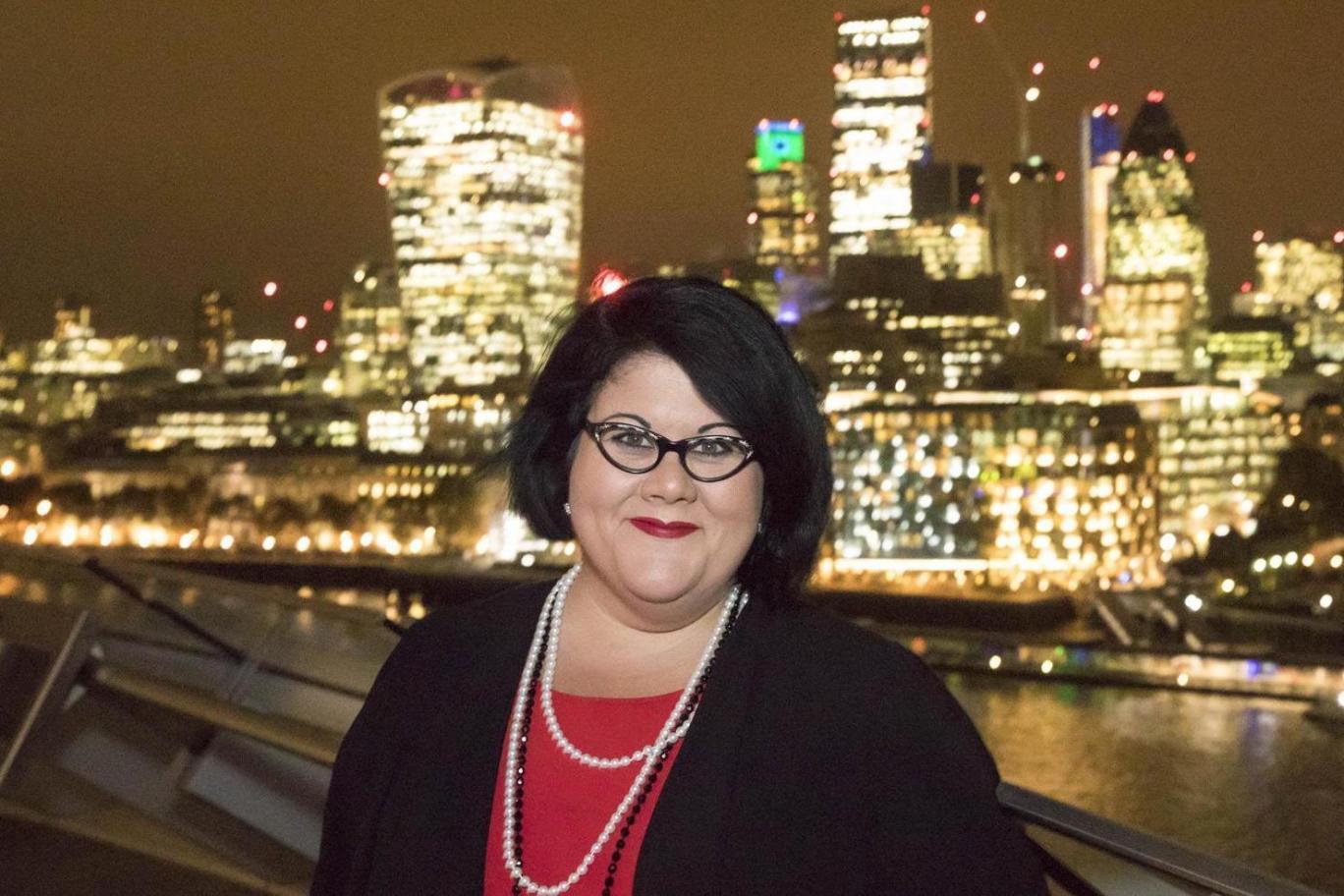Amy Lamé is London’s Night Czar – so what happens next?
By Will Stroude

When doyenne of Duckie Amy Lamé was announced as London’s first Night Czar, LGBT social media was aflame with delight. After an unprecedented spate of queer space closures, including the Black Cap, the Joiners Arms and Madame Jojo’s, now there was a queer woman overseeing London’s nightlife economy, in a position specifically created by Sadiq Khan. And best of all, Lamé’s campaigning prevented the closure of the RVT in Vauxhall.
But, beneath the politically pleasing appearances, what exactly does a Night Czar do, and how much bite can Lamé realistically achieve in the role? These were the questions rolling around my mind as she invited members of the LGBT press for a round table discussion in Soho’s The Yard; a gay venue that only itself narrowly escaped planned redevelopment in recent years.
Lamé began well by stating how her “overarching goal” was to make London a 24-hour city. She outlined her “Agent of Change” policies: if property developers wish to build blocks of flats next to historic clubs such as the Ministry of Sound, then she wants developers to be Agents of Change to ensure these flats are properly soundproofed. She wishes to open up intercity conversations with successful European nightlife destinations like Berlin and Amsterdam.
She was vaguer when asked about non-alcohol centred nightlife, saying she’d like to see more late-night cafes like Old Compton Street’s, but not specifically stating how this would be encouraged. She conceded that there was “a lot more work to do” on disability access, relaying how she’d been lobbying the RVT for fifteen years to install a disabled bathroom. She’s launching “night surgeries”, to research what Londoners want from their nightlife.
But what she particularly wanted to push was how Sadiq has recently found £10,000 to fund a UCL research study into the closure of LGBT venues. Lamé came back to this point three times during the discussion, as evidence of City Hall’s commitment to protecting queer venues. The elephant in the room was that an academic study may arguably be worthwhile in the long-term, but is unlikely to protect any venues’ closure whilst it’s being conducted.
“When are the study’s results going to be published?” I asked.
Lamé didn’t know for sure, although an interim report has recently been published. She eventually wants to use the study’s evidence to support her Agents of Change policy for LGBT venues.
I enquired if there was going to be any funding made available for community-focused nightlife events. She couldn’t comment on funding, but mentioned again the UCL study.
I asked what powers the Night Czar has been given by City Hall.
“I don’t have any direct powers,” she replied. “But what I can do is get people around the table and talk. That’s not been done before. It’s crucial to have a good dialogue.”
She mentioned how she has already began building relationships with the new leader of Westminster Council. The Council, who control Soho, have been the subject of persistent rumours in recent years for wanting to make Soho a ‘horizontal’ cafe-lead, residential culture,
with its vibrant LGBT bars and clubs sidelined. Some cite the allegedly draconian closure of Madame Jojo’s as evidence, with a documentary ‘The Battle of Soho’ premiering next week.
Lamé is hugely likeable, with a fantastic track record of leading the LGBT community, and I very much wanted to believe her when she spoke of change. But my generation has grown up in a post-Thatcher legacy where we’ve persistently witnessed politicians and bureaucracy, meant to protect us, repeatedly defeated by the seemingly unstoppable forces of tycoons, greed and money. Can a lone Night Czar really defend London from the developers’ salivating fangs?
Lamé had one more trick up her sleeve, which might just usurp the developers at their own game. When Dalston Superstore found itself under threat by Hackney Council’s absurd proposal to make all nightlife venues close at midnight, it conducted its own study into what economic impact the Superstore had brought to the area. From bringing gay men with disposable incomes into Dalston flats, to inspiring other bars and restaurants to open.
The cycle of gentrification is well-known: young people move to an area where the rent is cheap, the area becomes trendy as the young people open places like the Superstore, and then suddenly the property developers swoop like vultures cawing over carrion. If Lamé can grab them by their money-blinded balls, and show them how these LGBT businesses are contributing to why people want to live there, perhaps they’ll stop erasing an area’s soul.
We can but hope, and only time will tell. Until then: good luck, Amy Lamé.
Words by – Patrick Cash
